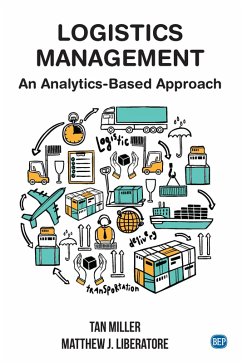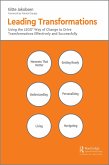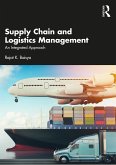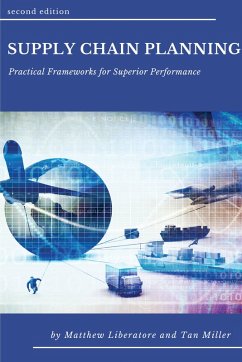This book illustrates and explains a wide range of practical logistics strategies and analytic techniques to facilitate decision-making across functions such as manufacturing, warehousing, transportation, and inventory management.
Logistics professionals must utilize a broad array of analytic techniques and approaches for decision-making. Effective use of analytics requires an understanding of both fundamental and advanced logistics decision-making techniques and methodologies. Further, logistics professionals must organize and view these analytics-based decision support tools through well-structured planning frameworks.
In this book, we illustrate and explain a wide range of practical logistics strategies and analytic techniques to facilitate decision-making across functions such as manufacturing, warehousing, transportation and inventory management. We also describe how to organize these analytics-based tools and strategies through logistics frameworks that span strategic, tactical and operational planning and scheduling decisions.
This book is intended for logistics professionals to use as a reference document that offers ideas and guidance for addressing specific logistics management decisions and challenges, and it will also serve as a valuable resource or secondary text for graduate and advanced undergraduate students.
Logistics professionals must utilize a broad array of analytic techniques and approaches for decision-making. Effective use of analytics requires an understanding of both fundamental and advanced logistics decision-making techniques and methodologies. Further, logistics professionals must organize and view these analytics-based decision support tools through well-structured planning frameworks.
In this book, we illustrate and explain a wide range of practical logistics strategies and analytic techniques to facilitate decision-making across functions such as manufacturing, warehousing, transportation and inventory management. We also describe how to organize these analytics-based tools and strategies through logistics frameworks that span strategic, tactical and operational planning and scheduling decisions.
This book is intended for logistics professionals to use as a reference document that offers ideas and guidance for addressing specific logistics management decisions and challenges, and it will also serve as a valuable resource or secondary text for graduate and advanced undergraduate students.
Dieser Download kann aus rechtlichen Gründen nur mit Rechnungsadresse in A, D ausgeliefert werden.









